For most fans, the past few years have felt like Warner Bros. and DC Studios have been trapped in a long and very tricky game of Whack-A-Mole. It seems like every time the studios think they’ve solved one issue, another pops up, causing even more confusion. The recent news of The Batman Part 2 being delayed to 2027 just feels like another ugly mole popping up for the CEO of DC Studios, James Gunn, to swat away on social media. What should have been a straightforward approach to rebooting Batman for the new DCU, with a new actor and possibly a fresh take on the character, has instead turned into yet another glaring reminder of how the franchise’s poor long-term planning has left DC fans scratching their heads.
We all know that sequel delays are common for film studios, but The Batman Part 2’s timeline raises a pressing question from fans: Why did Warner Bros. abandon Ben Affleck’s Batman if the follow-up to Robert Pattinson’s debut would take so long? In fact, looking back now, the decision to recast Batfleck seems short-sighted and, frankly, stupid – especially since Pattinson will be 41 years old by the time Matt Reeve’s sequel arrives—making him just a year or two younger than Affleck was when he debuted as an “older” Batman in Zack Snyder’s Batman v Superman: Dawn of Justice.
Honestly, it’s a bit like watching a toddler try to assemble a 1000-piece puzzle: It’s messy, confusing, and no one knows why it’s taking so long.
The Batman Part 2 Delays: What’s Going On?
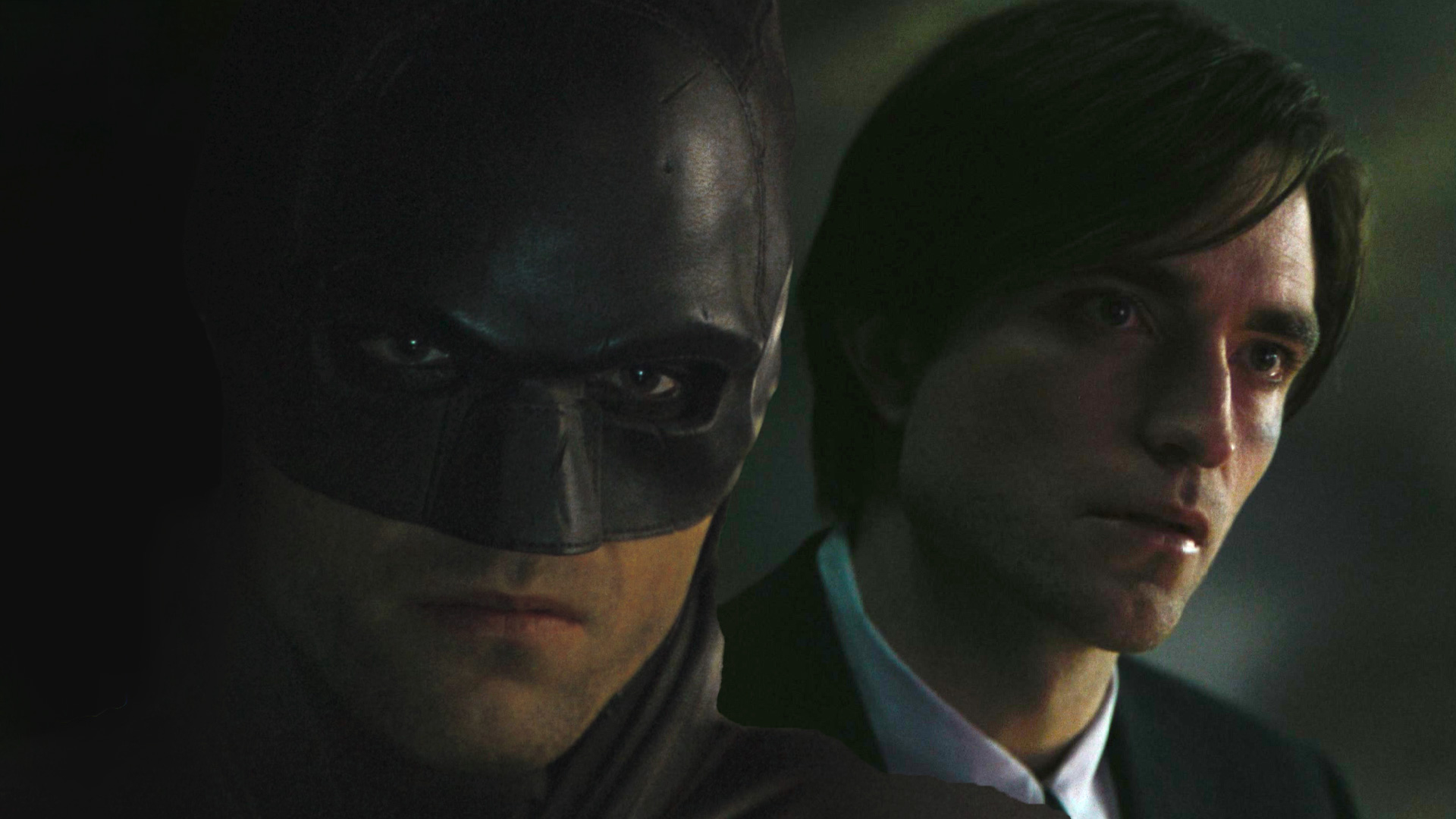
Back in 2020, Warner Bros. tapped Matt Reeves to take the reins of Ben Affleck’s The Batman project, a film Affleck was originally set to write, direct, and star in. However, Reeves opted to pivot from the experienced, battle-hardened Dark Knight who took on Superman in the DCEU to focus on his own Elseworlds Year Two story with Robert Pattinson playing a younger Bruce Wayne grappling with his role as Gotham’s protector. It was a great idea on paper (which became a critical and commercial success even after the COVID-19 pandemic threw a wrench in the production schedule), but it inherently came with a shelf life – a fact Warner Bros. should’ve considered before greenlighting a trilogy even before the first film hit theaters. It’s like buying a house before you’ve even seen the floor plan.
Now, a few years later, after all that hype, The Batman Part 2—announced at CinemaCon in April 2022 and originally scheduled for release on October 3, 2025—has been delayed multiple times due to factors like an unfinished script from Reeves, the 2023 Writers Guild of America and SAG-AFTRA strikes, and the DCU’s reshuffling of its film slate. For a franchise meant to showcase a younger Batman, these delays raise concerns about the very premise of the series. By the time the second film rolls around, Pattinson will likely be older than Christian Bale was in The Dark Knight Rises, the concluding film in Christopher Nolan’s franchise, which focused on a fatigued, older Batman coming out of retirement.
At this rate, Pattinson will be 46 by the time the third film arrives—definitely no spring chicken! That’s “please don’t break a hip while fighting crime” territory.
RELATED: Why Warner Bros. and DC Might Shockingly Greenlight Tim Burton and Michael Keaton’s Batman Beyond
Gunn’s Excuses Don’t Add Up
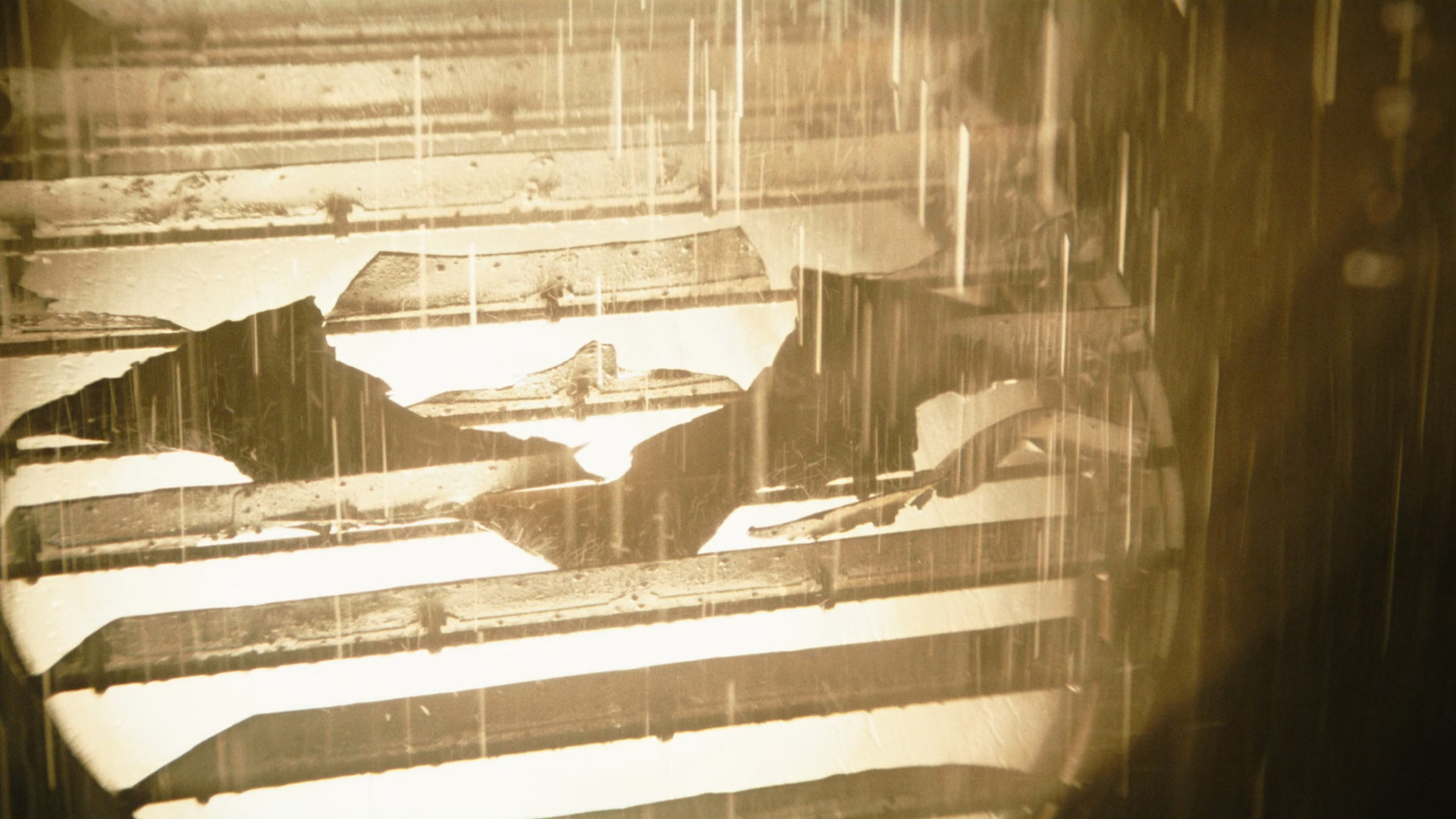
James Gunn recently took to Threads to defend the delay of The Batman Part 2. “7 years between Alien and Aliens. 14 years between The Incredibles. 6 years between Guardians Vol. 2 and Vol. 3,” he wrote, pointing out that sequels often take years to develop.
Sure, James. We get it. Sequels sometimes take time. Yes, those delays happened—but none of those franchises announced trilogies before their first films were even released. Even the Batman movies of yesteryear, from Tim Burton’s Batman (1989) to Nolan’s Dark Knight trilogy, operated on relatively consistent timelines. Even if Reeves needs more time to perfect his vision, the lack of a finished script after five years feels like poor planning for a project that was supposed to anchor DC’s Elseworlds slate.
And let’s not forget that Gunn himself benefitted from delays with Guardians of the Galaxy. While Vol. 3 took six years to hit theaters, the characters appeared in multiple Avengers films to keep the audience invested. What has Warner Bros. done with Pattinson’s Batman in the meantime? Absolutely nothing. Not a peep. He didn’t even appear in The Penguin, which, let’s be honest, is probably the biggest DCU property right now.
RELATED: Who Should Be The DCU’s Deathstroke? We Vote For Scott Adkins!
A Missed Opportunity To Reboot
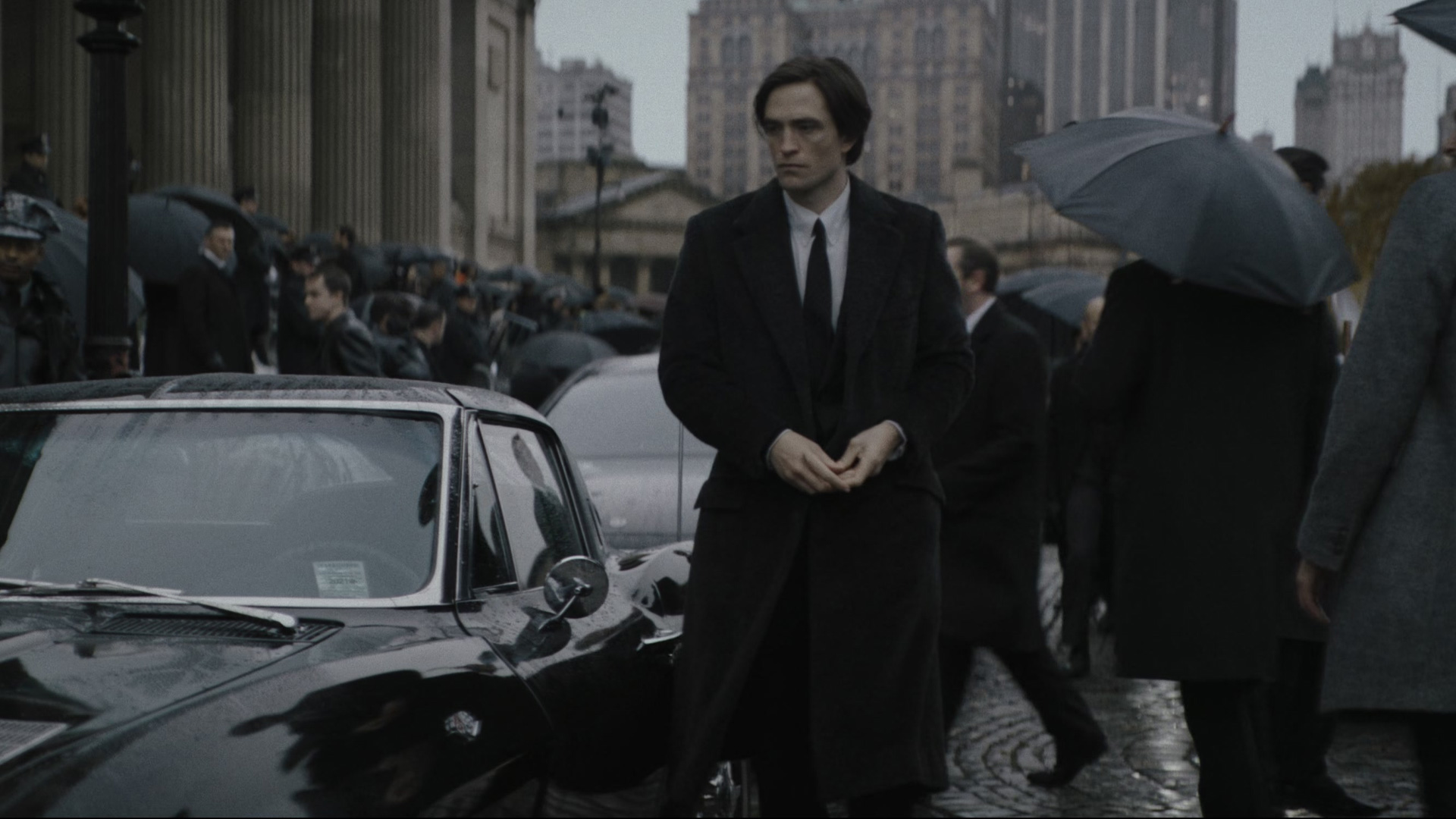
Looking back, it’s hard not to wonder if Warner Bros. should have stuck with Affleck’s Batman, completing his planned film and using The Flash (directed by Andrés Muschietti) as a stepping stone to fully reboot the character under James Gunn’s DCU vision. Instead, they chose chaos, and Batman is now stuck in a strange limbo where Pattinson’s version exists in a completely separate Elseworlds universe, while a new version of the character is set to join the DCU in Batman: The Brave and the Bold. Oh, and guess what? It sounds like that film is also delayed.
The decision to keep Robert Pattinson’s Batman separate complicates everything. Fans are left wondering what’s canon and what’s not, a problem that also plagued the now-defunct DCEU. In fact, by the time a new Batman debuts in the DCU, audiences will be juggling two or three active versions of the character—it’s something we definitely don’t need again.
This isn’t the first time Warner Bros. has mishandled its DC properties, and it likely won’t be the last. With production now expected to begin in the summer of 2025, fans are left questioning whether The Batman 2 will ever actually arrive, or if Pattinson will ultimately join the main DCU alongside David Corenswet’s Superman. If he does, they’ll probably need to rethink Batman: The Brave and the Bold, as this Bruce Wayne seems too young (at least on paper) to be a father figure to Damian Wayne. Unless, of course, they throw in a time jump and suddenly he is a grizzled 40-something, ready to fight crime and deal with teenage issues.
For a studio trying to compete with Marvel’s well-oiled machine of a cinematic universe, this is yet another self-inflicted wound. This Whack-A-Mole approach to developing a cinematic universe certainly isn’t working.
RELATED: James Gunn Answers Ben Affleck’s Batman Question
So, what do you think—will Warner Bros. ever get their Batman situation under control, or are we just in for more delays, confusion, and chaos?

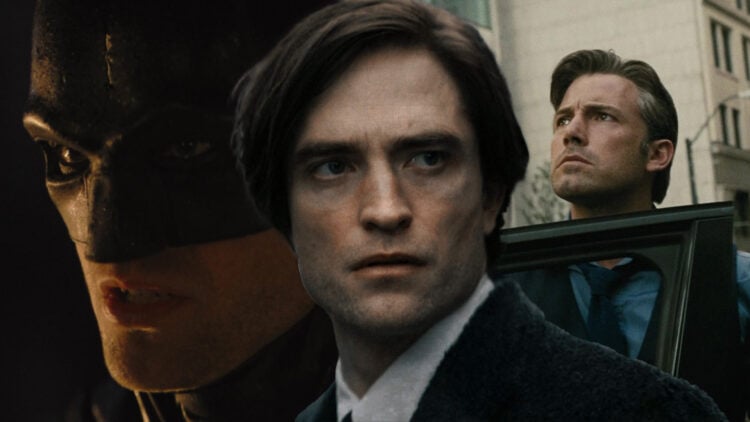


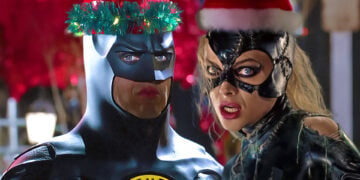
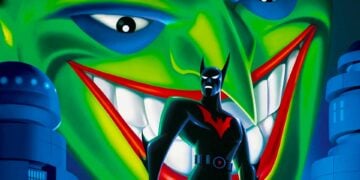

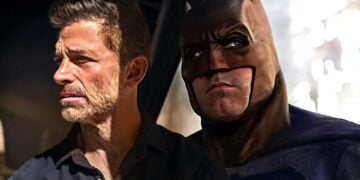
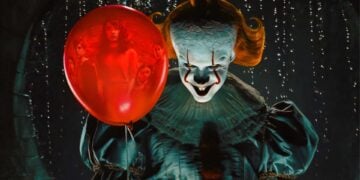


Discussion about this post